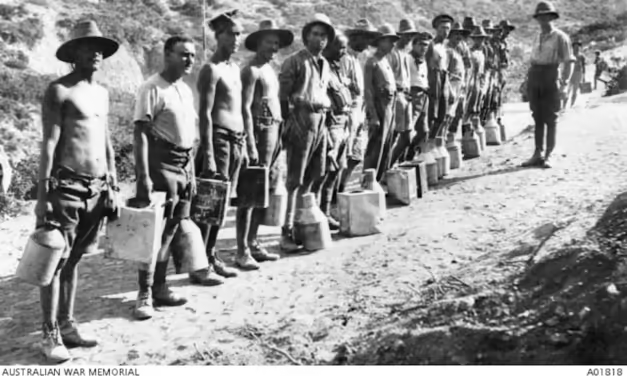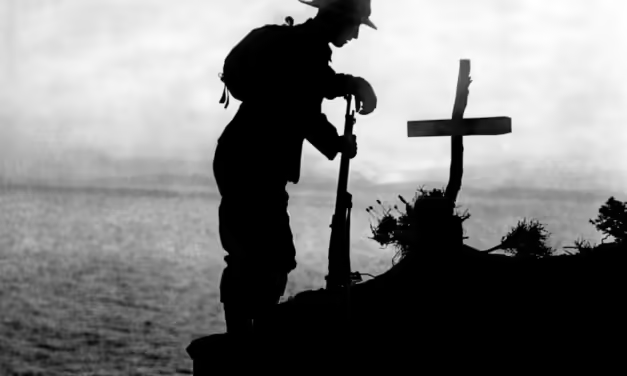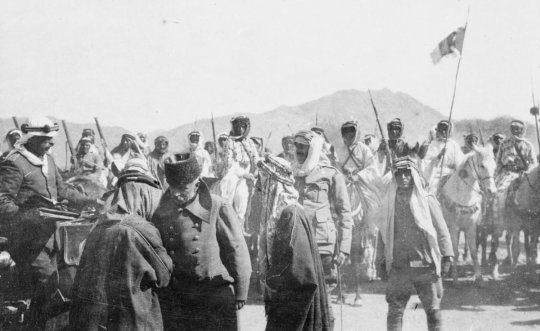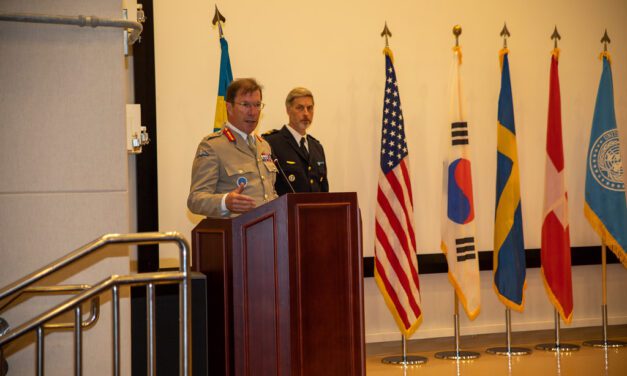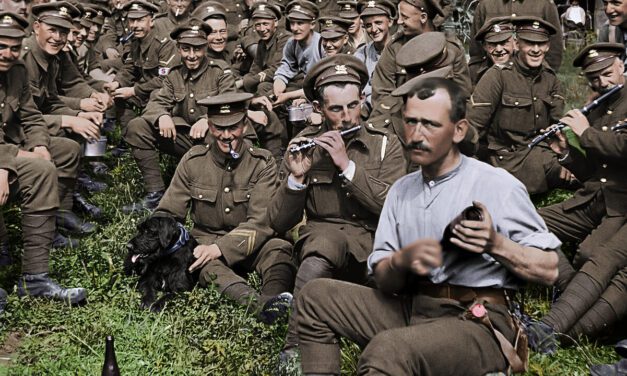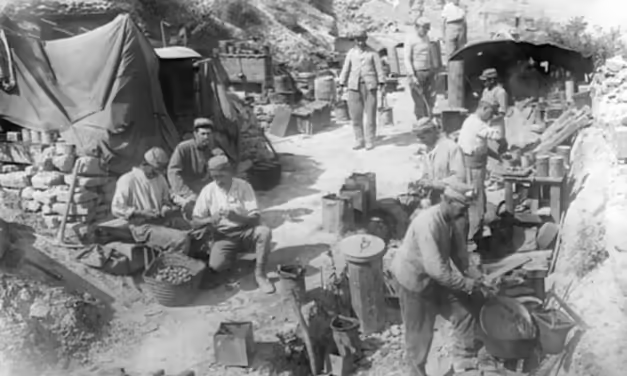What was the Sykes-Picot agreement, and why does it still affect the Middle East today?
Reading time: 7 minutes
While this may be true, Sykes-Picot is still emblematic of how consequential European colonial ambition was in the Middle East. And while the borders outlined in the agreement did not eventuate, Britain and France still managed to get most of the territory they wanted, with little consideration of local populations. The Sykes-Picot agreement is therefore one of many colonial projects that we are still feeling the ripples of today.


